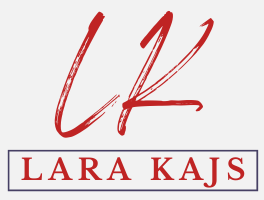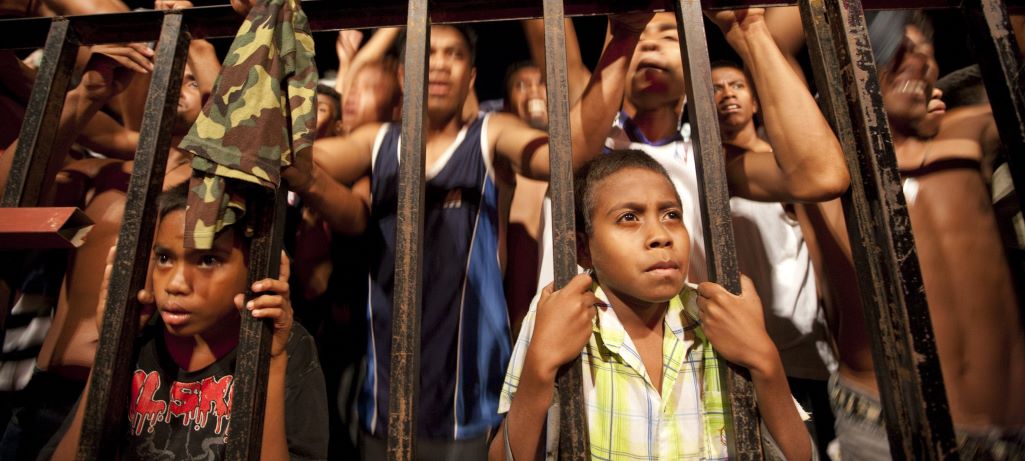Washington, DC., 7 August 2025 ——
Human trafficking is one of the most heinous and widespread crimes that continues to affect millions of people around the world, many of them women, children, immigrants, and vulnerable populations. Hidden in plain sight, human trafficking is modern-day slavery. Despite growing awareness and international efforts, it remains one of the most serious and complex global human rights issues in the modern world.
The Scale of the Crisis
Human trafficking is the exploitation of people through force, fraud, or coercion. It typically falls into two main categories: sex trafficking and labor trafficking. Sex trafficking victims are forced or coerced into sexual slavery, commercial sexual exploitation, or other forms of sexual exploitation. Labor trafficking victims are forced to work under conditions that violate labor laws, often in agriculture, construction, manufacturing, or domestic servitude.
Traffickers use various tools: manipulation, threats, financial control, and violence, and they follow a pattern: identify vulnerable individuals, manipulate or deceive them with false promises (such as employment, education, or marriage), and then trap them in exploitative situations. Victims may have their documents confiscated, face threats against themselves or their families, or be subjected to violence to prevent escape.
According to the United Nations Office on Drugs and Crime (UNODC), human trafficking affects virtually every country, either as a source, transit, or destination. It occurs in both developed and developing nations, often fueled by factors such as poverty, conflict, corruption, weak legal systems, societal blind spots, and discrimination. Vulnerable populations – such as migrants, refugees, and marginalized communities – are particularly at risk.
The International Labor Organization (ILO) and the International Organization for Migration (IOM) estimate that over 160 million children are in child labor situations. Nearly 50 million people are living in modern slavery, with over 27 million subjected specifically to forced sexual exploitation. Women and girls make up the majority of victims, especially in the sex trafficking industry, but men and boys are also significantly affected, particularly in forced labor sectors like agriculture, construction, and fishing.
In the US, the National Human Trafficking Hotline (888-373-7888 or text INFO to 233733) receives thousands of reports annually. In 2023, there were over 50,000 signals (calls, texts, emails, and online tips). However, these numbers represent only a fraction of actual cases. Many victims do not come forward due to fear of law enforcement, language barriers, lack of awareness about their rights, or threats from traffickers. California, Texas, and Florida consistently report the highest numbers of trafficking cases, likely due to large populations, international borders, and major transportation hubs. However, no state is immune—trafficking occurs in all 50 states.
With the rise of digital technology, traffickers increasingly use social media, job recruitment websites, and messaging platforms to lure victims. The Covid-19 pandemic further exacerbated these trends, as economic hardship and global displacement made more people susceptible to exploitation.
The physical, emotional, and psychological impact of trafficking on victims is devastating. Many suffer from severe trauma, health complications, and long-term psychological disorders. Survivors often face stigma and lack access to rehabilitation, legal aid, or reintegration services. Even after escaping their traffickers, they may encounter barriers in education, employment, and housing.
Combating Human Trafficking
Ending these practices is essential to achieving human rights, social justice, and inclusive economic growth. The global response to trafficking includes international treaties, national laws, and efforts of NGOs, law enforcement, and survivor-led advocacy groups. Key instruments include: the Palermo Protocol (2000), the US Trafficking Victims Protection Act (TVPA), and the UN Sustainable Development Goal 8.7 (SDG 8.7).
Adopted by the UN in 2000, the Palermo Protocol, officially the “Protocol to Prevent, Suppress and Punish Trafficking in Persons, Especially Women and Children,” is aimed at combating human trafficking. The treaty is a supplement to the United Nations Convention Against Transnational Organized Crime. The protocol provides a comprehensive legal framework with a common definition of human trafficking and outlines measures for the prevention of trafficking, protection of victims, and prosecution of traffickers.
The US Trafficking Victims Protection Act establishes definitions, penalties, and protections, including the annual Trafficking in Persons (TIP) Report. Under US law, when minors are involved in commercial sex, any such activity is automatically classified as trafficking, regardless of the presence of force or coercion.
Ending human trafficking is a specific target under Goal 8: Decent Work and Economic Growth in the UN Sustainable Development Goals framework. SDG 8.7 calls for the eradication of forced labor, modern slavery, debt bondage, forced marriage, exploitation, and human trafficking by 2030. However, despite these initiatives, enforcement remains uneven. Many countries lack adequate victim identification systems, prosecution rates are low, and traffickers often operate with impunity.
To effectively address human trafficking, a multifaceted approach is required that includes strengthening legal frameworks, supporting survivors, raising public awareness, targeting root causes, and improving international cooperation. Governments must strengthen legal frameworks by enacting and enforcing comprehensive anti-trafficking laws that prioritize victim protection and hold perpetrators accountable.
There needs to be a support system for survivors with access to trauma-informed care, legal assistance, and social services, all essential for rehabilitation and reintegration. Raising public awareness via education and awareness campaigns can help prevent trafficking and encourage reporting. We can reduce vulnerability to trafficking by addressing poverty, inequality, gender-based violence, and conflict. Lastly, improving international cooperation by including cross-border collaboration is essential to track, prosecute, and dismantle trafficking networks.
Human Trafficking and the Epstein-Maxwell Case
While millions of human trafficking victims suffer in silence globally, few cases have captured public attention and sparked international outrage like that of Jeffrey Epstein and Ghislaine Maxwell. Their story is not just about individual depravity – it’s about systemic failure, power abuse, and the urgent need for accountability and reform.
Jeffrey Epstein, a wealthy financier and convicted sex offender, and Ghislaine Maxwell, a British socialite and Epstein’s partner, orchestrated at least a decade of sex trafficking hundreds of underage girls. The pair lured victims with promises of modeling jobs, money, or connections, only to subject them to repeated sexual and physical abuse. Epstein was arrested on federal charges of sex trafficking minors in Florida and New York. A month later, he was found dead in his jail cell in what was ruled a suicide, though the circumstances of his death have fueled widespread suspicion and conspiracy theories. His death meant many of his victims would never see him face justice in court.
Maxwell was convicted of five federal charges, including sex trafficking of a minor. Prosecutors successfully argued that Maxwell played a central role in recruiting and grooming girls for Epstein, knowing they would be abused. She was sentenced to 20 years in federal prison.
One of the most disturbing aspects of the Epstein-Maxwell case is the proximity of their operation to the upper echelons of global power. Epstein maintained relationships with influential figures – politicians, business moguls, academics, and royalty. Flight logs and photographs have linked him to former US presidents – and the current president, Donald Trump – British royalty, and prominent scientists. These associations raised serious concerns about how Epstein was able to operate for so long without detection – or perhaps with willful ignorance from those who knew but said nothing. The case has fueled public distrust in the justice system, especially when it appears that the wealthy and well-connected are often shielded from the consequences of their actions.
The Epstein-Maxwell case is not just a tabloid scandal – it is a searing indictment of how privilege can protect predators and silence victims. It exposes the cracks in our legal systems, the dangers of unchecked power, and the global prevalence of trafficking. If society is to learn anything from this case, it must be to listen to survivors, dismantle systems of complicity, and ensure that no one, no matter how rich or powerful, is above the law.
The Bottom Line
Human trafficking is a grave violation of human rights that thrives in secrecy and silence. What makes this crime especially difficult to combat is its covert nature and the complicity—sometimes active, sometimes passive—of powerful individuals and institutions. Ending it requires global solidarity, political will, and community-level action. As citizens, we can play a role by staying informed, supporting survivor-led initiatives, and advocating for stronger protections. Every step taken against human trafficking is a step toward justice and dignity for millions who deserve to live free.
Photo Credit: MTV-sponsored show raises awareness on human trafficking in Asia by United Nations Photo. Licensed under CC BY NC ND 2.0
Author’s Note: One of the many programs that ended in the shuttering of USAID was USAID’s Anti-Trafficking programs, which focused on preventing trafficking, protecting survivors, and prosecuting perpetrators through global initiatives and partnerships.
Lara Kajs is the founder and executive director of The Genocide Report, an educational nonprofit based in Washington, DC., advancing atrocity prevention and international law. She is the author of several field-based books that draw on extensive experience in conflict and displacement settings, including Yemen, Syria, and Afghanistan. Her writing and speaking focus on atrocity crimes, forced displacement, state violence, and international humanitarian law.

